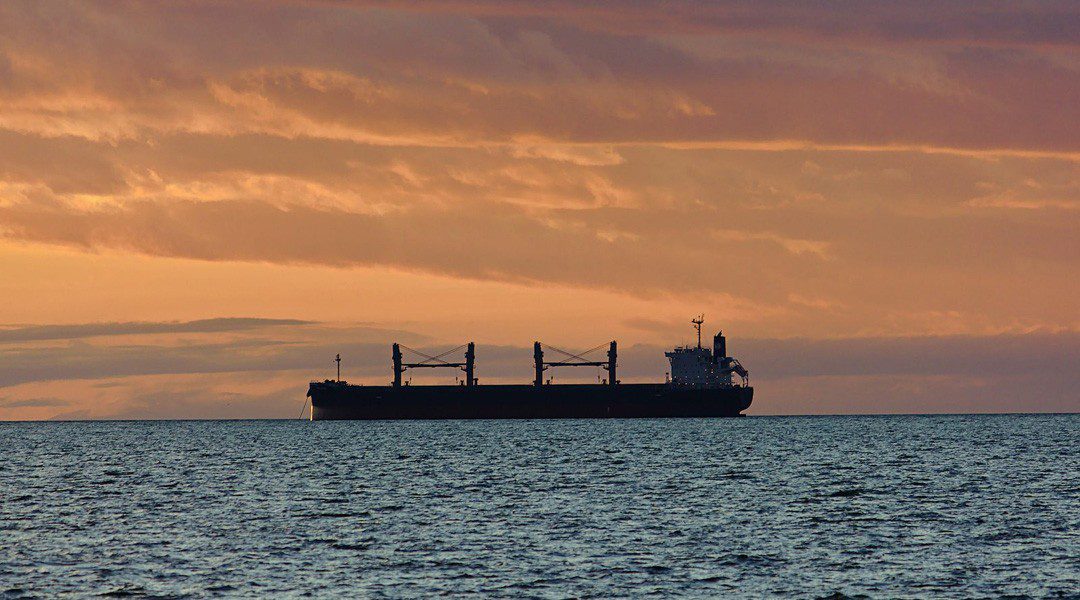Breaking the global fleet on the beaches of India, Bangladesh and Pakistan causes irreversible damage to workers and the environment. This is no longer acceptable when solutions exist, highlights Mrs. Ingvild Jenssen, Founder and Director NGO Shipbreaking Platform
New thinking which integrates social values with life cycle management, including the design phase, is charting a course toward ethical circularity. With the parallel rise of new and exciting technologies, including automation, robotics, mechanical cutting techniques, state-of-the-art waste handling procedures, and clean steel breakthrough systems aimed at achieving a zero-carbon steel-making process, the shift towards a truly sustainable ship recycling sector is in view. Several companies are already proposing ship recycling in dry-docks around the world.
The number of vessels that will reach the end of their operational life in the coming years is expected to triple, so building up more capacity to sustainably recycle the world fleet is needed. At the same time, the European Union is expected to move from being a net exporter to a net importer of scrap steel.
According to EuRIC, using one tonne of sustainably produced scrap steel saves at least 1.67 tonnes of CO2. Increasing the share of scrap in steel production and ensuring proximity to raw materials are thus key strategies for the steel sector to achieve its decarbonisation goals. Steel producers, such as ArcelorMittal, are now looking at ways to vertically integrate ship recycling in their operations.
As the carbon market matures recycled steel will likely develop premium pricing. That will furthermore boost the market for sustainably sourced scrap steel, and with that the business case for state-of-the-art ship recycling facilities close to Electrical Arc Furnaces.
Policy will support these developments as states scramble to meet their own decarbonisation goals and circularity priorities. The European Union (EU) is bound to seek to align its own policies on ship recycling with its ambitious Green Deal and Circular Economy Action Plan. The ongoing review of the EU Ship Recycling Regulation provides a timely opportunity to do just that.
Demands for increased corporate accountability and human right due diligence, including screening business partners and practices for their environmental, social and governance impacts, are also having an impact on ship recycling. Enforcement authorities’ knowledge of how dodgy scrap deals are struck has increased over the past years. Precedent-setting judgments, including prison sentence, should retain the attention of all stakeholders in the supply chain. Indeed, without the support of banks, ship brokers, insurers and maritime warranty surveyors circumventing existing laws will become way more complicated.
Recycling a ship is a good thing when done without exposing vulnerable communities, workers and sensitive coastal habitats to irreparable damage.
Recycling clean ships is even better. Learning from the construction sector, there is added value to moving from tracking only hazardous materials embedded in a ship’s structure to identifying all components used to build a vessel in a “Material Passport”. The main goal is to optimise the recovery of valuable materials. Designing toxic-free ships to ensure cradle-to-cradle, rather than cradle-to-grave, at end-of-life becomes a competitive advantage.
It is obvious that the current industrial and political shift to a circular and low-carbon economy brings ship recycling to a turning point, providing opportunities for front-runners to enhance true circularity in shipping. There are many reasons to be optimistic and to bet on the innovators that are convinced that responsible ship recycling can compete.
As financiers looking to invest in practices that promote a sustainable shipping sector will be turning their attention to integrated circular economy hubs, where building, maintenance, repair and material recovery take place side by side, it will become even more obvious that greenwashing incremental changes on the tidal beaches of South Asia is not the solution.
The views presented are only those of the author and do not necessarily reflect those of SAFETY4SEA and are for information sharing and discussion purposes only.





